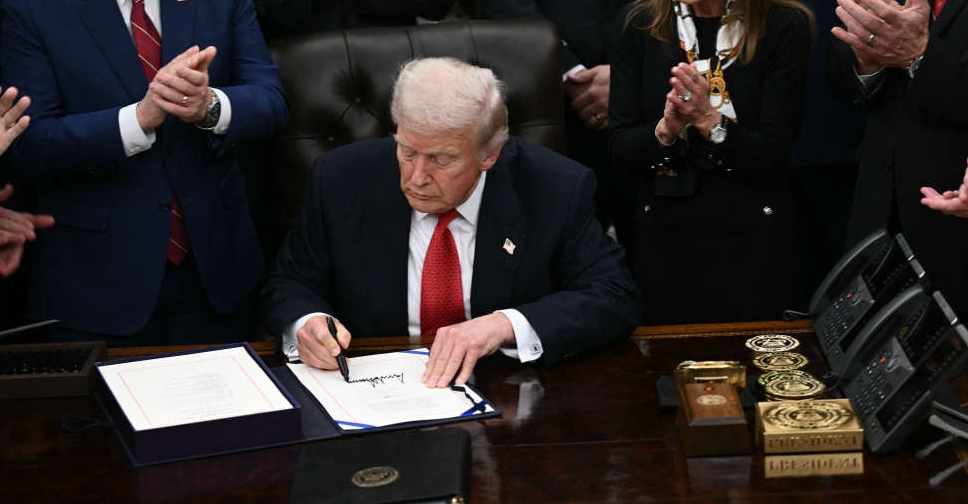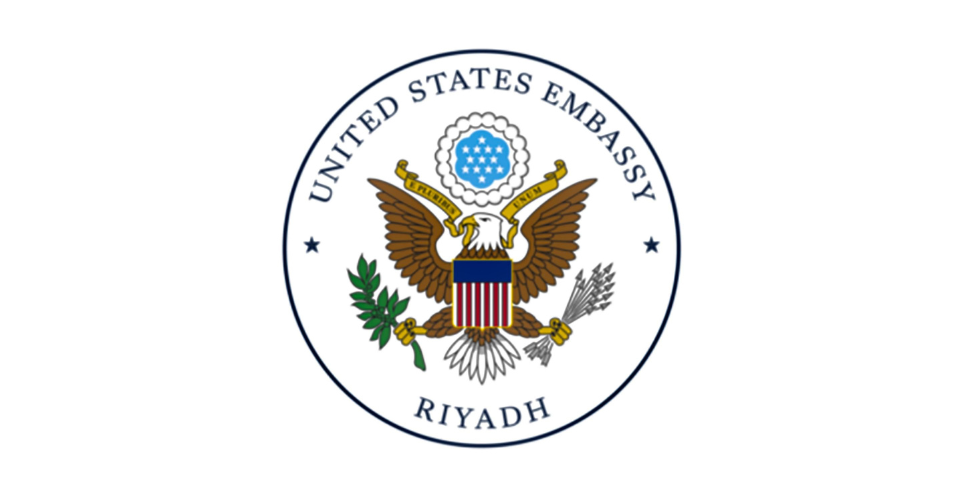
President Donald Trump has signed a legislation on Wednesday ending the longest government shutdown in US history, bringing federal workers idled by the 43-day shutdown back to their jobs starting as early as Thursday.
The deal was signed roughly two hours after the House of Representatives voted to restart disrupted food assistance, pay hundreds of thousands of federal workers and revive a hobbled air-traffic control system.
The Republican-controlled chamber passed the package by a vote of 222-209, with Trump's support largely keeping his party together in the face of vehement opposition from House Democrats, who are angry that a long standoff launched by their Senate colleagues failed to secure a deal to extend federal health insurance subsidies.
Trump's signature on the bill, which was cleared by the Senate earlier in the week, would extend funding through January 30, leaving the federal government on a path to keep adding about $1.8 trillion a year to its $38 trillion in debt.
The shutdown's end offers some hope that services crucial to air travel in particular would have some time to recover with the critical Thanksgiving holiday travel wave just two weeks away.
Restoration of food aid to millions of families may also make room in household budgets for spending as the Christmas shopping season moves into high gear. It also means the restoration in coming days of the flow of data on the US economy from key statistical agencies.
The absence of data had left investors, policymakers and households largely in the dark about the health of the job market, the trajectory of inflation and the pace of consumer spending and economic growth overall.
Some data gaps are likely to be permanent, however, with the White House saying employment and Consumer Price Index reports covering the month of October might never be released.
By many economists' estimates, the shutdown was shaving more than a tenth of a percentage point from gross domestic product over each of the roughly six weeks of the outage, although most of that lost output is expected to be recouped in the months ahead.
The vote came eight days after Democrats won several high-profile elections that many in the party thought strengthened their odds of winning an extension of health insurance subsidies, which are due to expire at the end of the year.
While the deal sets up a December vote on those subsidies in the Senate, Speaker Mike Johnson has made no such promise in the House.
NO CLEAR WINNER FROM SHUTDOWN
Despite the recriminations, neither party appears to have won a clear victory. A Reuters/Ipsos poll released on Wednesday found that 50 per cent of Americans blamed Republicans for the shutdown, while 47 per cent blamed Democrats.
The vote came on the Republican-controlled House's first day in session since mid-September, a long recess intended to put pressure on Democrats.
The chamber's return also set the clock ticking on a vote to release all unclassified records related to the late convicted financier Jeffrey Epstein, something Johnson and Trump have resisted up to now.
Johnson on Wednesday swore in Democrat Adelita Grijalva, who won a September special election to fill the Arizona seat of her late father, Raul Grijalva. She provided the final signature needed for a petition to force a House vote on the issue, hours after House Democrats released a new batch of Epstein documents.
That means that, after performing its constitutionally mandated duty of keeping the government funded, the House could once again be consumed by a probe into Trump's former friend whose life and 2019 death in prison have spawned countless conspiracy theories.
The funding package would allow eight Republican senators to seeks hundreds of thousands of dollars in damages for alleged privacy violations stemming from the federal investigation of the January 6, 2021, attack on the US Capitol by Trump's supporters.
It retroactively makes it illegal in most cases to obtain a senator's phone data without disclosure and allows those whose records were obtained to sue the Justice Department for $500,000 in damages, along with attorneys' fees and other costs.



 Iran vows to attack any ship trying to pass through Strait of Hormuz
Iran vows to attack any ship trying to pass through Strait of Hormuz
 Qatar announces interception of 2 jets, 101 missiles since Iranian attack
Qatar announces interception of 2 jets, 101 missiles since Iranian attack
 Two drones target US embassy in Saudi Arabia
Two drones target US embassy in Saudi Arabia
 Bahrain thwarts fresh wave of Iranian aerial attacks
Bahrain thwarts fresh wave of Iranian aerial attacks



